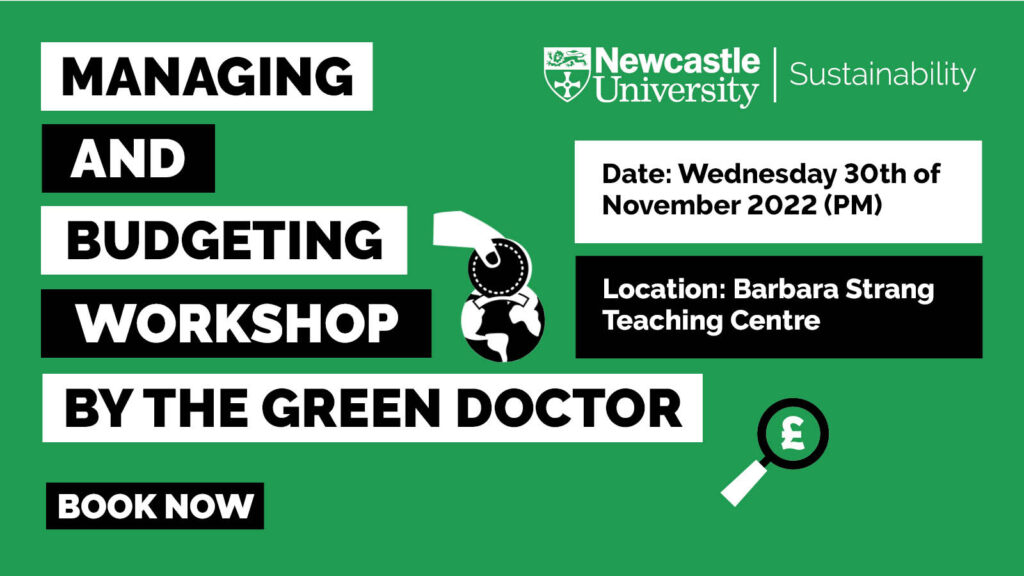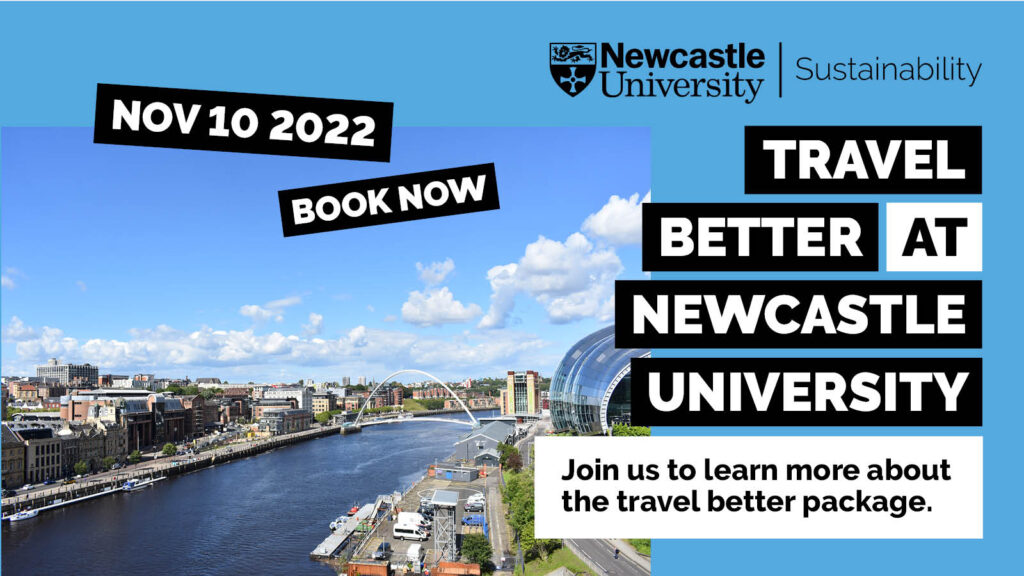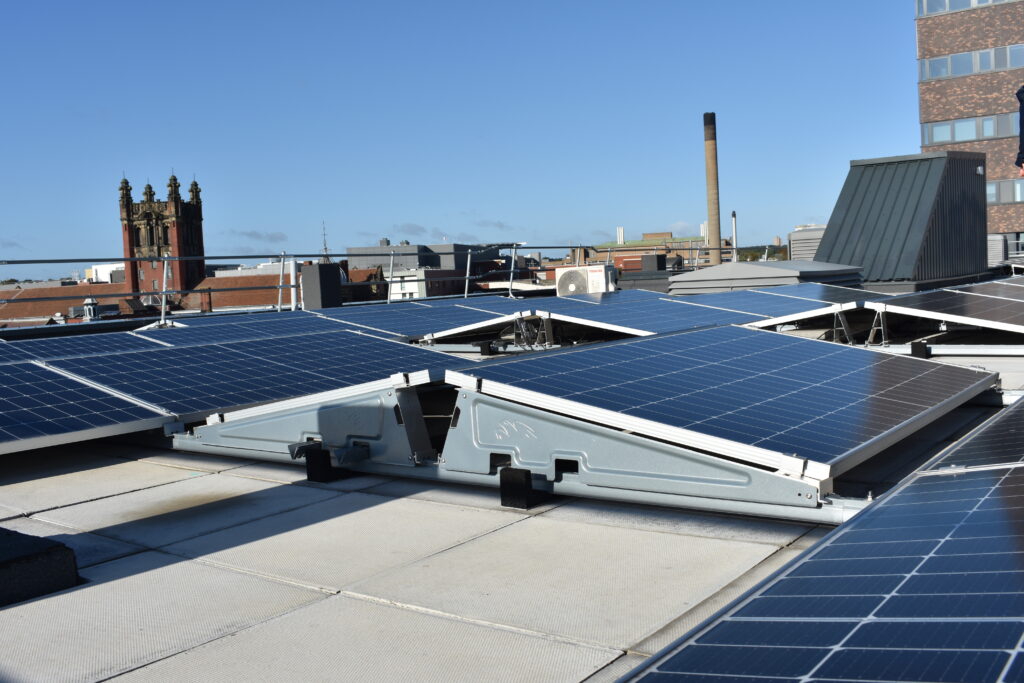Whilst some of these products may have properties that are more sustainable than other products that we are likely to use, the most sustainable option is to use what you have currently have if it is in a good condition or you have plenty of it. However, should you run out of some bathroom essentials then you should check out the post below for some eco-conscious swaps if you would like to try something new.
Hair care
- Why not try out solid shampoo and conditioning bars instead of instead of liquid in a plastic bottle? We recommend Ethique, Lush or Gruum. You could also try out products from the Body Shop, who offer a refill service where you buy a metal bottle and pump and take it into their shops with a refill station when you need products such as shampoo or conditioner. Our Body Shop in Eldon Square is one of these!

- An additional swap would involve swapping single-use plastic razors for a razor that you can change the head or blades on instead of buying a new handle. You could also get a recycle bag from Gillette to post all your old blades and heads in for them to be recycled.
Deodorant
You could swap out your single-use deodorant for a case and refill deodorant system, such as the one provided by Wild. We have been using Wild for two years and really love the product. You can order the refills online and change scents every time (look out for their incredible seasonal limited editions) and they arrive through the post-box in recyclable and biodegradable packing. Or, you can head to Boots in Eldon Square and pick up the product in-store, the only disadvantage here is that they have less scents to choose from!
Menstrual products
Many menstrual products such as mainstream pads can contain up to 90% of plastic (Action Aid) so there is a need for moving towards more sustainable alternatives. There are a wide range of sustainable alternatives available, we have listed some below:
- Menstrual cups (Mooncup or TOTM)
- Menstrual underwear by brands such as WUKA and Thinx
- Re-usable pads (Wear ‘Em Out or Bloom and Nora available in Holland and Barrett)
- Alternatively, you could try non-reusable products that are made from cotton instead of plastic (TOTM)
As most of these products are all reusable you can save money overall as you no longer need to buy the products you need every month. However, they do require a larger cost upfront.
Makeup removal
People often use makeup wipes to remove their makeup. Whilst these are more commonly biodegradable now, not all are, as they may still contain some plastic and they are also not reusable. We have listed an alternative method below.
- Switch to make up remover in a bar form (the Superstar bar by Ethique is recommended) instead of makeup removing wipes.
- You can also use washable cotton rounds to cleanse and remove makeup or a flannel, both of which can go in the wash and be used repeatedly.
Toothbrushes and toothpaste
Finally, when it comes to a toothbrush there are a few options you can choose from.
- The first is investing in an electric toothbrush where you swap out the heads instead of the entire toothbrush.
- The second option is to buy a bamboo toothbrush, which reduces your use of plastic.
- Toothpaste tubes are non-recyclable, but there are some other options available. The first is toothpaste tablets that you can chew and come in a glass container. The second is a paste-like product that also comes in a glass jar instead of a plastic tube. Both these products are available at refill shops around Newcastle like Replenish by the Bay.
Sustainable events in November:
- We are hosting an energy bills workshop which will focus on budgeting and managing bills with The Green Doctor on the 30th of November. If you are a student who is under 25 and curious or worried about energy bills you can join us to learn some tips and tools to help you and your household.
Sign up: https://forms.microsoft.com/r/fPa42feyQv

- There is also a festive pop-up market taking place on the 24th of November in the Boiler House which will feature ethical and sustainable businesses.
Keep an eye out for a follow up blog on alternative swaps for your kitchen!



